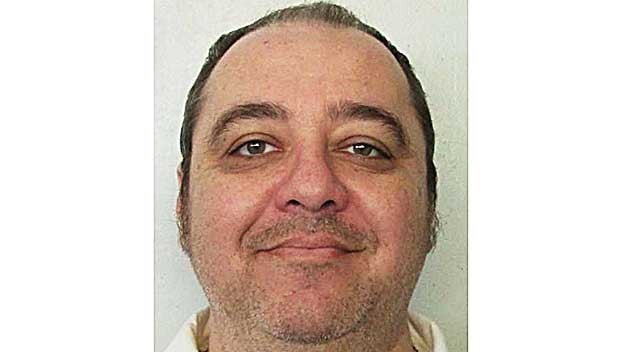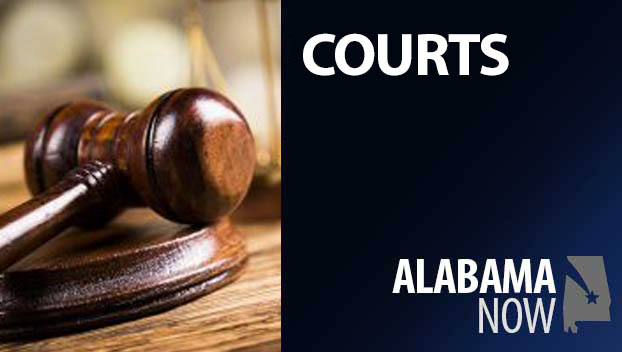‘Botched’ execution caused pain and torture, attorneys said
Published 2:25 pm Monday, November 28, 2022
Alabama prison staff strapped an inmate to a death chamber gurney, despite a court order in place at the time blocking the execution from going forward, and later subjected him to numerous needle jabs, including in the neck and collarbone region while an official held his head, attorneys wrote in a court filing.
Attorneys for Kenneth Eugene Smith claimed the state violated the U.S. Constitution, various court orders and its own lethal injection protocol during the “botched” execution attempt earlier this month. Smith’s attorneys are asking a federal judge to forbid the state from making a second attempt to execute him, saying Smith was already “subjected to ever-escalating levels of pain and torture” on the night of the failed execution.
“Defendants’ treatment of Mr. Smith does not fall within society’s standards for a constitutional execution. The botched execution was terrifying and extremely painful for Mr. Smith,” attorneys for Smith wrote in the complaint filed in federal court. The lawsuit accuses the state of violating the constitutional ban on cruel and unusual punishment, seeks monetary damages and asks for an injunction to block Alabama from “making a second attempt to execute Mr. Smith.”
The Alabama Department of Corrections did not immediately respond to an email seeking comment. Alabama Gov. Kay Ivey last week announced a temporary pause in executions to review of the state’s capital punishment system, citing concerns for victims’ families that death sentences were delayed.
“For the sake of the victims and their families, we’ve got to get this right,” Ivey said.
Smith was scheduled to be put to death by lethal injection on Nov. 17 for the 1988 murder-for-hire slaying of Elizabeth Dorlene Sennett. Prison officials said they called off Smith’s execution for the night after they were unable to establish IV access within the 100-minute window between the court clearing the way for it to begin and a midnight deadline.
Smith’s attorneys say the state strapped Smith to the death chamber gurney at about 8 p.m. and left him there even though the 11th U.S. Circuit Court of Appeals issued a stay at 7:59 p.m. Smith was not told of the stay and had no way to communicate with his attorney or family as he lay strapped to the gurney, his attorneys said.
“The execution continued on in defiance of the Eleventh Circuit’s stay, with Mr. Smith remaining strapped to a gurney until nearly midnight,” attorneys wrote.
The U.S. Supreme Court lifted the stay shortly at 10:20 p.m. and it was around that time that the execution team began trying to establish IV access, according to the court filing.
Smith was jabbed with needles multiple times in his arms, hands, neck and collarbone region “well past the point at which the executioners should have known that it was not reasonably possible to access a vein” his attorneys wrote.
Smith’s attorneys wrote that the team tilted Smith in “an inverse crucifixion position” while strapped to the gurney and left him there for several minutes. Attorneys said they also believe the team injected Smith with “some sort of sedative and/or anesthetic”— violating assurances to a federal judge in court proceedings that they do not use intramuscular injections.
Attorneys said the prison team then used a large gauge needle to try to establish a line through a blood vessel beneath the collarbone. When Smith did not comply with a request to turn his head, a deputy warden held “Smith’s head in both his hands, torqued it to the side, saying, ‘Kenny, this is for your own good.’”
After multiple attempts, the execution team left the chamber and Smith and his attorneys later learned sometime before midnight that the execution had been called off for the night.
It was the state’s second such instance of being unable to kill an inmate in the past two months and its third since 2018. The state completed an execution in July, but only after a three-hour delay caused at least partly by the same problem with starting an IV line.
The Alabama Department of Corrections has disputed that the cancellation of Smith’s execution was a reflection of problems. The department blamed the late-running court action, saying “ADOC had a short timeframe to complete its protocol.”





